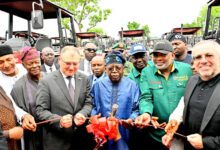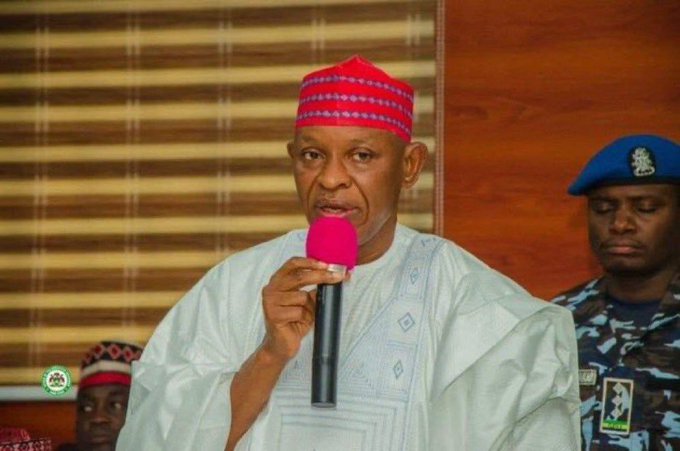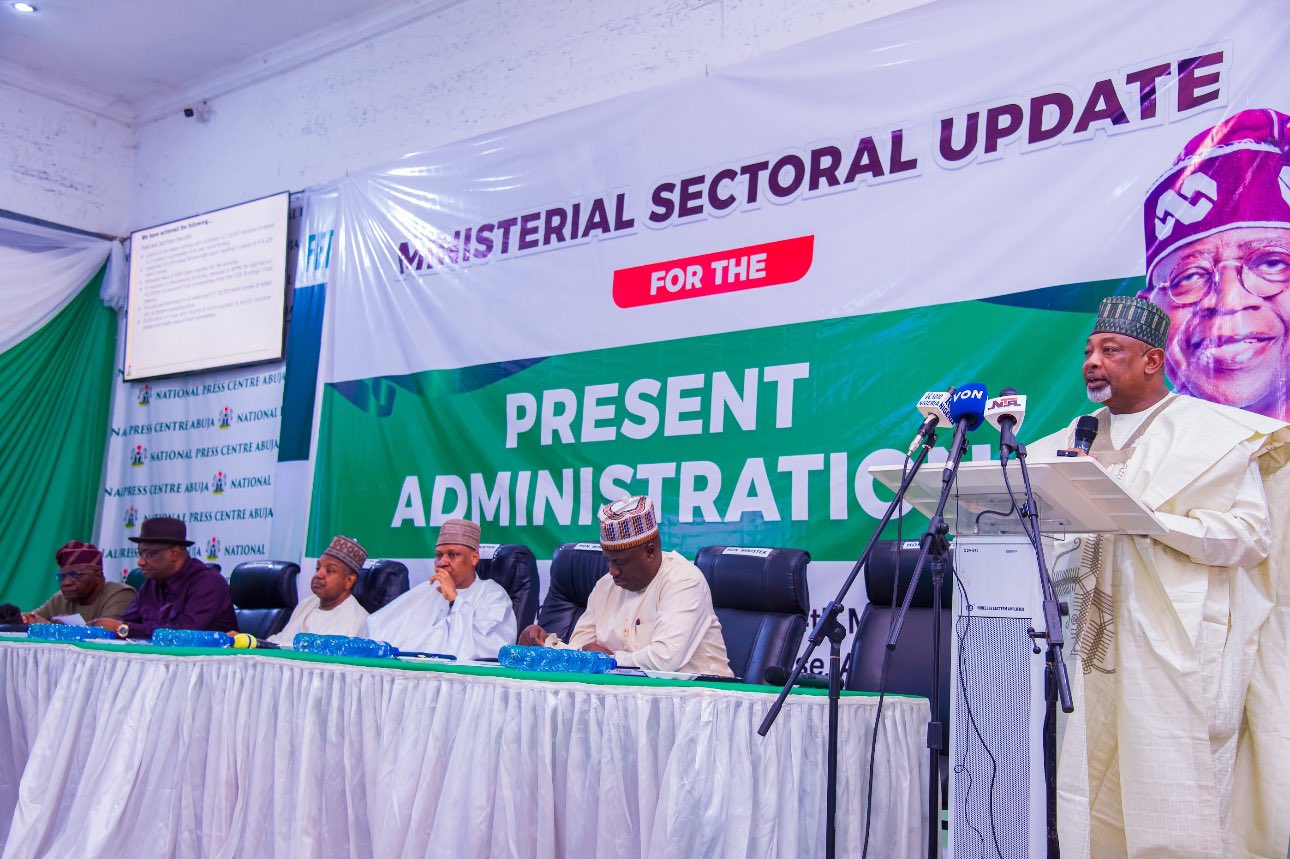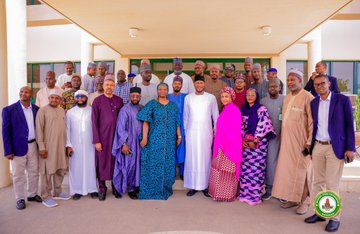Sasakawa Africa To Set Up Rice Processing Facilities In Nasarawa
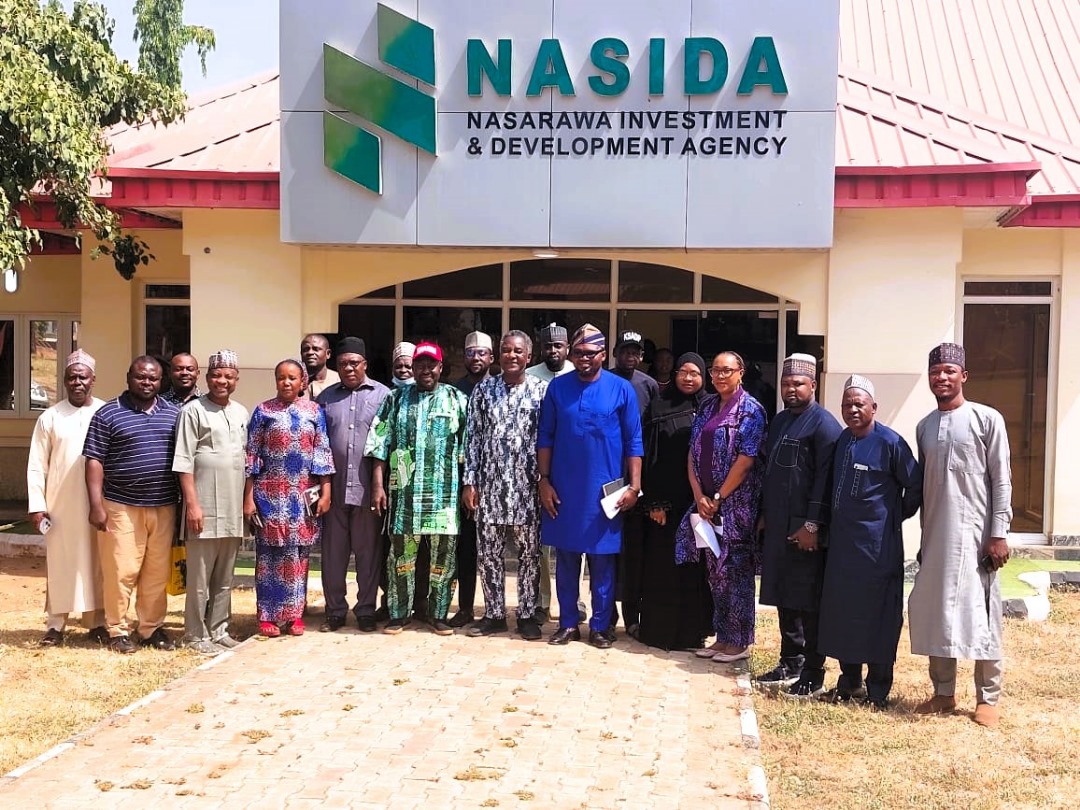
An International Agricultural Development Non-Governmental Organisation (NGO), Sasakawa Africa Association (SAA) has signed a Memorandum of Understanding (MoU) with the Nasarawa State government to set up climate-smart rice processing facilities in the state.
The deal which was aimed at revitalising rice cooperatives and promoting climate-smart technologies in rice production and processing, was also to strengthen the state’s extension system through the Nasarawa Agricultural Development Programme (NADP).
The project tagged “Revitalization of rice cooperatives and decarbonization of rice production and processing” is funded by the Japanese Government and being implemented by SAA with the support of the NADP.
Under the project, the SAA has already commenced the construction of two climate-smart rice storage and processing centres in Obi and Lafia local government areas in the state. The facilities, which are 90 per cent completed, will also cater for the training needs of beneficiaries.
Speaking at the signing ceremony held recently at the office of the Nasarawa State Investment Development Agency (NASIDA), SAA Nigeria Country Director, Dr. Godwin Atser, explained that the project would empower rice farmers, strengthen cooperatives involved in rice production in the state and pilot technologies to mitigate the impact of climate change in agriculture starting with rice production.
His words: “Climate change is affecting our lives, and agriculture is challenged due to the emission of greenhouse gases. Our farmers are no longer sure of planting time and harvest time, and new pests and diseases are ravaging, all because of climate change. This is why the world is talking about ‘Net Zero’, balancing the amount of greenhouse gases emitted and the amount absorbed. This means we must aim to sequester as much carbon as we emit. Hence the need to decarbonize. So, decarbonization, reducing the carbon we release as a result of our agricultural activities, is the essence of this project. It is a pilot for Nasarawa and we’ll scale it up across the state and then throughout the country.”
In his remarks, Mr. Ibrahim Adamu Abdullahi, Chief Executive Officer of NASIDA, which signed for the state government, expressed gladness that the project commenced even before the formalization of the agreement, explaining that the delay necessitated by the need to fine-tune the details and ensure that mechanisms for sustainability and smooth take-off were put in place.
Abdullahi, who was represented by his chief of Staff, Mike Imafido, said: “It is clear that SAA commenced with the project because of the confidence they have in our commitment to any programme that will benefit our people. More than 70 per cent of the population is involved in agricultural activities, so this is an important step. NASIDA promotes and attracts investments to the Nasarawa economy and this is one critical investment that we are passionate about because of its transformative benefits to our people.”
During visits to the project sites, the SAA boss explained that the facilities were designed to transform and decarbonize rice storage and processing, adding that processors will be provided with machines that will convert rice husk to briquettes which become a source of clean energy to use or sell. “This will reduce cutting down of trees, and use of firewood, thereby reducing carbon emissions. On the production side, we’ll train farmers to farm sustainably and increase soil health using bokashi and biochar.
In attendance were the Executive Director of the Nigerian Stored Products Research Institute (NSPRI), Prof Lateef Sanni; the Managing Director of the Kano State Agricultural Development Agency (KNARDA), Dr. Farouq Kurawa; the Programme Manager of the NADP, Comrade Emmanuel Alahnana.
The State Project Coordinator of the Kano State Agropastoral Project (KSADP), Alh Ibrahim Garba Muhammad, and the KSADP Project Coordinator for SAA, Comrade Abdulrasheed Hamisu Kofarmata, were also in attendance.
Prof. Sanni hailed the quality of the facility being installed and assured the team that his institute would support the project with its innovative resources. Dr Kurawa stated that Kano would adapt parts of the project to similar interventions going on under the KSADP, for which SAA was also an implementing partner.


